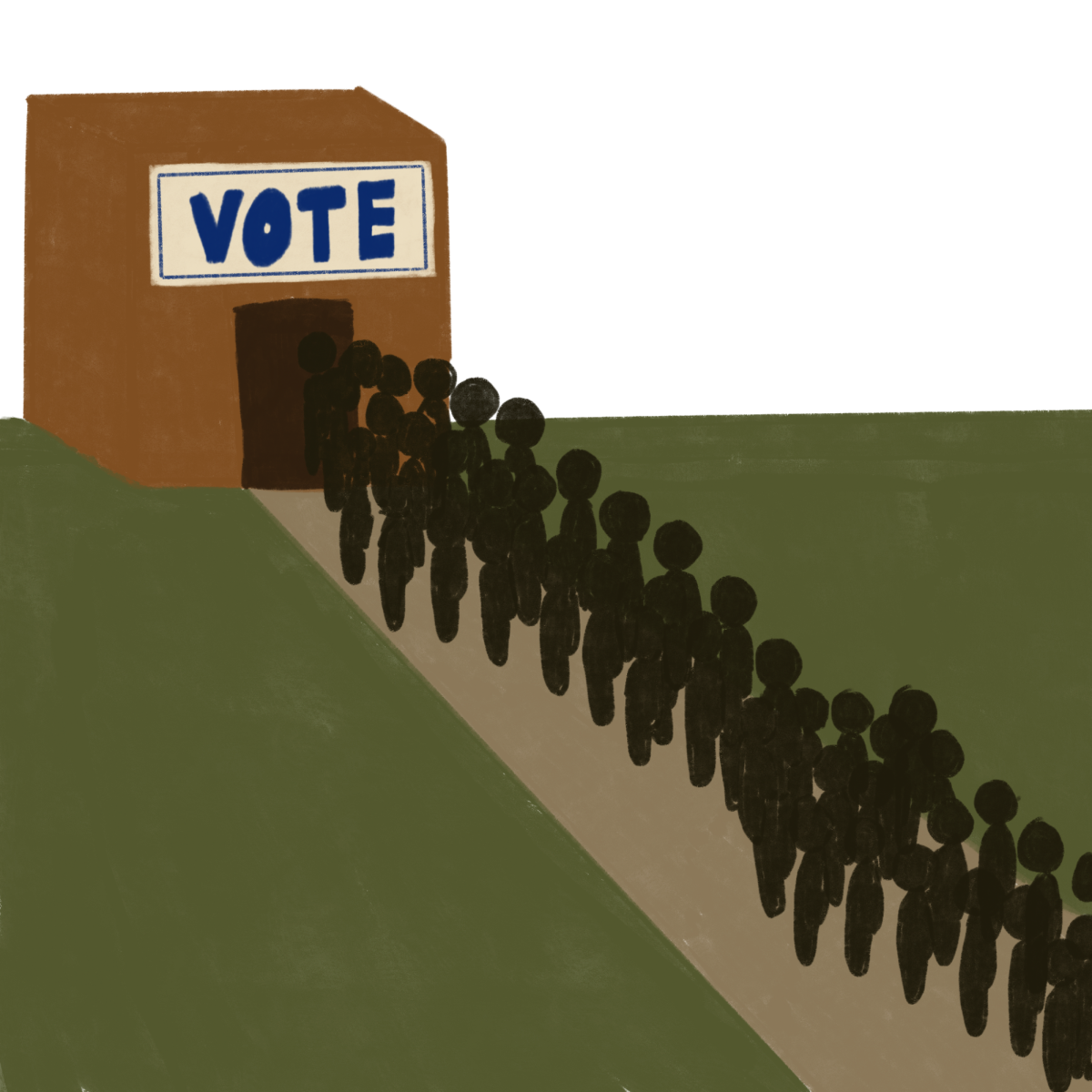Payday lending is capitalism to the fullest. Since 1990, there has been an explosion of payday centers nationwide, growing from virtually zero centers to 25,000 in 2007, which is more than the number of McDonalds and Starbucks combined. The concept for maximizing profit is simple: charge people relatively low fees on short-term loans and demand payback in full. If the borrower can’t pay back the loan, charge the fees again and lend the same loan. This method has led to 6.8 million dollars in revenue each year, but when you take a closer look, you will find this money is not earned fairly. The problem is that payday lenders prey on the desperation of hard working people and their knowingly inability to pay back the loan to make their money. Here’s the solution: protect borrowers by implementing comprehensive regulation policies.
Some people think that the people who borrow payday loans are gamblers or addicts looking to get quick cash to support their habit. The average payday consumer is either younger than 25 years, older than 60 years, a single parent, a veteran, an immigrant, or a minority that is earning less than $50,000 a year. And they do not seek loans to support less than acceptable habits. They are seeking loans to pay for food, rent, utilities, and medical bills. Imagine having no money to buy what you need. You would have no other choice but to borrow money, and payday lenders know that.
The average borrower extends their initial loan five to 10 times, paying for fees with no money ever going to the principle of the loan. Eventually, what was a two-week loan quickly turns into a six month loan. Of the $68 billion dollars lenders make in revenue, 90 percent is derived from repeated borrowers.
Usury laws should be more comprehensive in regulating payday and other short-term consumer loans. Enforcing interest rate caps help in making loans more affordable but are not sufficient enough in protecting consumers from a cycle of extending or re-borrowing a loan. Even in states that have usury laws, payday lenders are finding loopholes. For example, they may state that they charge “fees” rather than “interest rates.” Responsible lending is more than capping fees, interest and loan amounts. It is ensuring a high probability of return on a loan without exacerbating the borrower’s income.
In addition to price caps, lenders should be required to assess the borrower’s ability to undertake a loan. Information from the borrower, proof of income, credit reports, and other sources should be used to determine the borrower’s level of affordability. Not to be confused, no information should be used to deny a loan. This ensures that people only borrow what they can pay back. The borrower’s repayment history and loyalty over time should also be used to increase the amount in subsequent loans. Borrowers should also be given a chance to repay the loan within adequate time. This means that money paid should go to paying off the principal amount, even when loans are extended.
To some, these suggestions seem to defy the whole concept of a payday loan. It seems to make it more difficult for lenders to give loans, restricts the availability of funds for consumers, and removes the “short-term” from “short-term loan.” I say that if the concept of a payday loan is to prey upon vulnerable people, then maybe the concept of payday loans should be defied.












